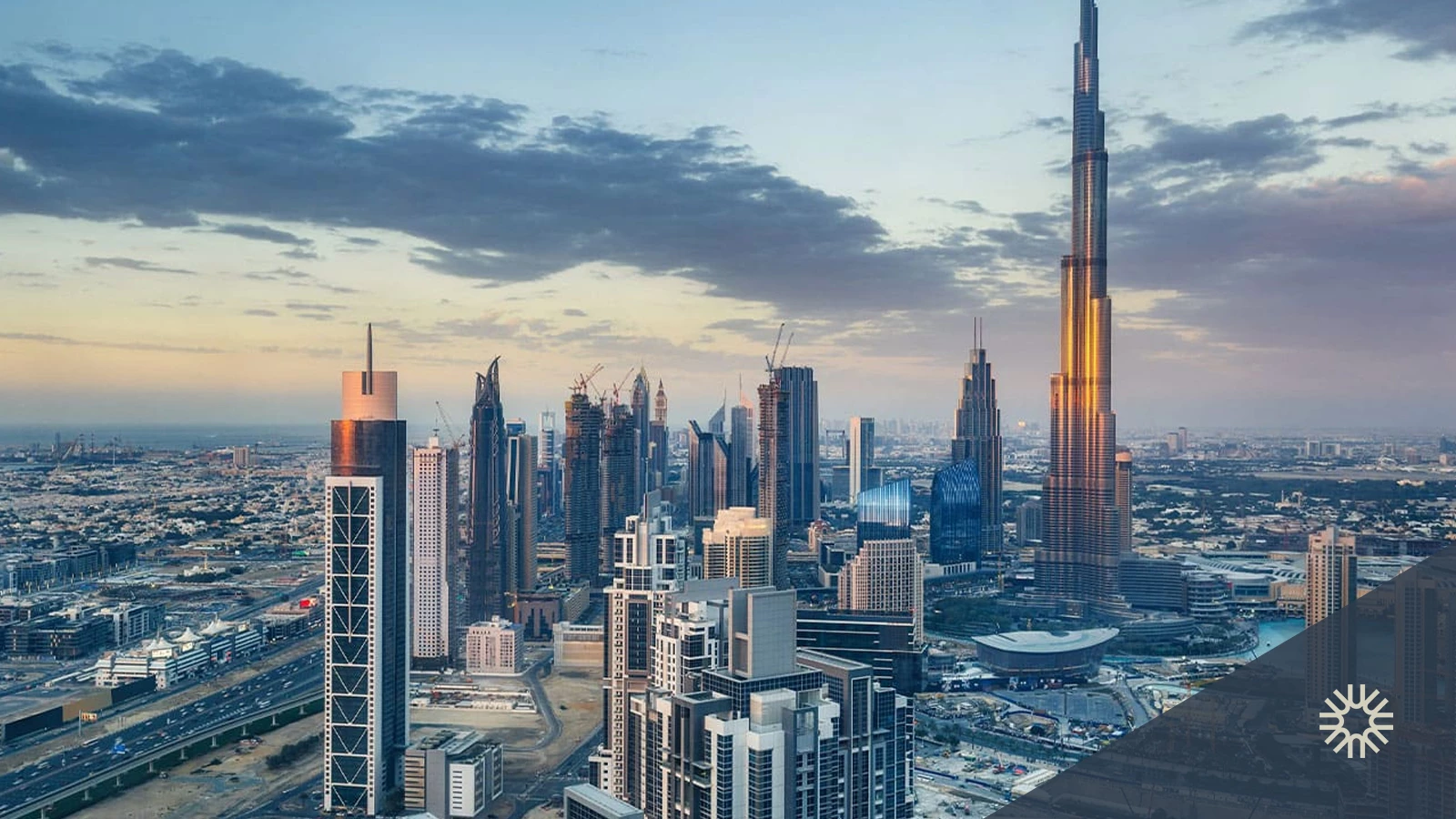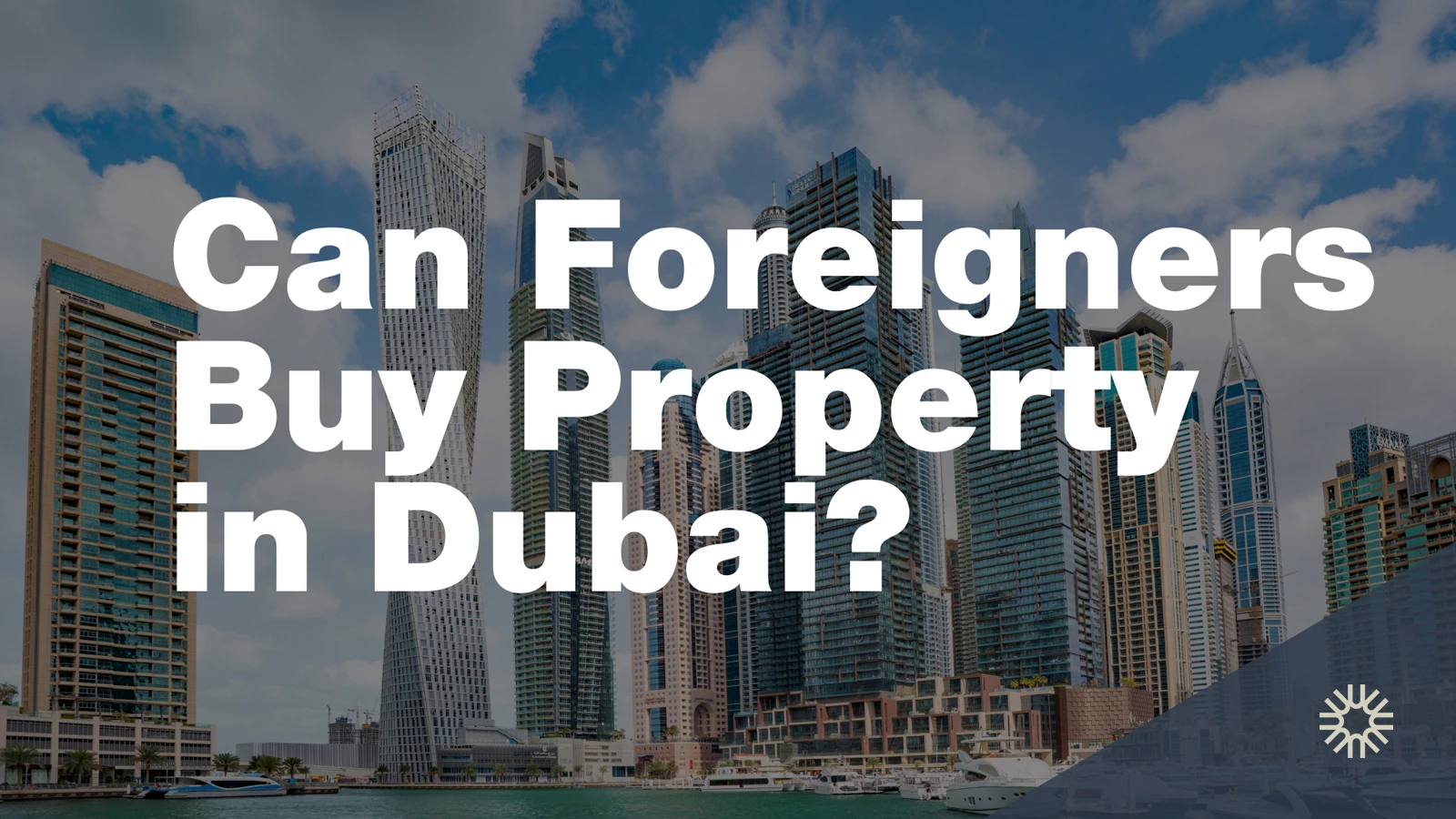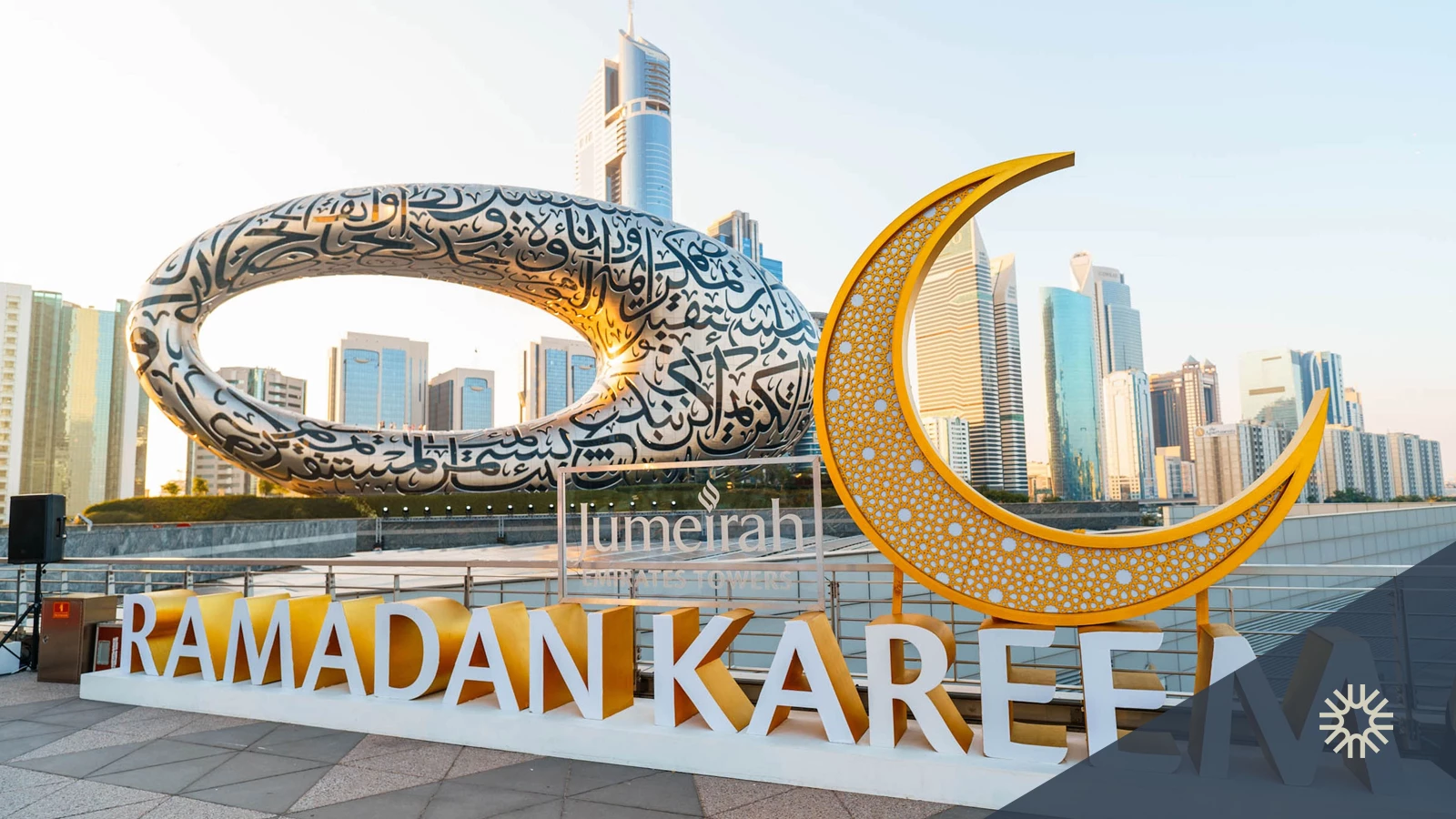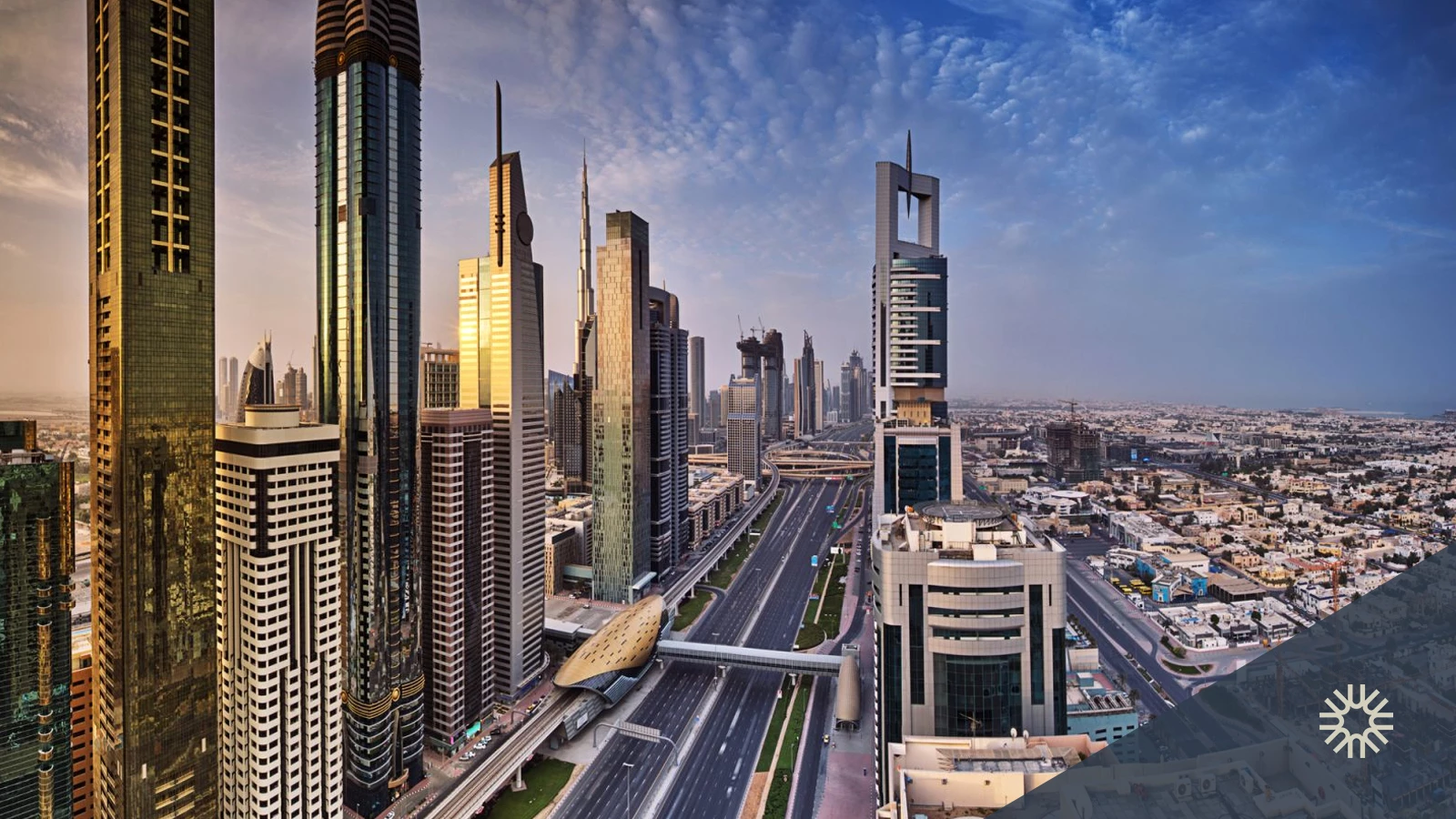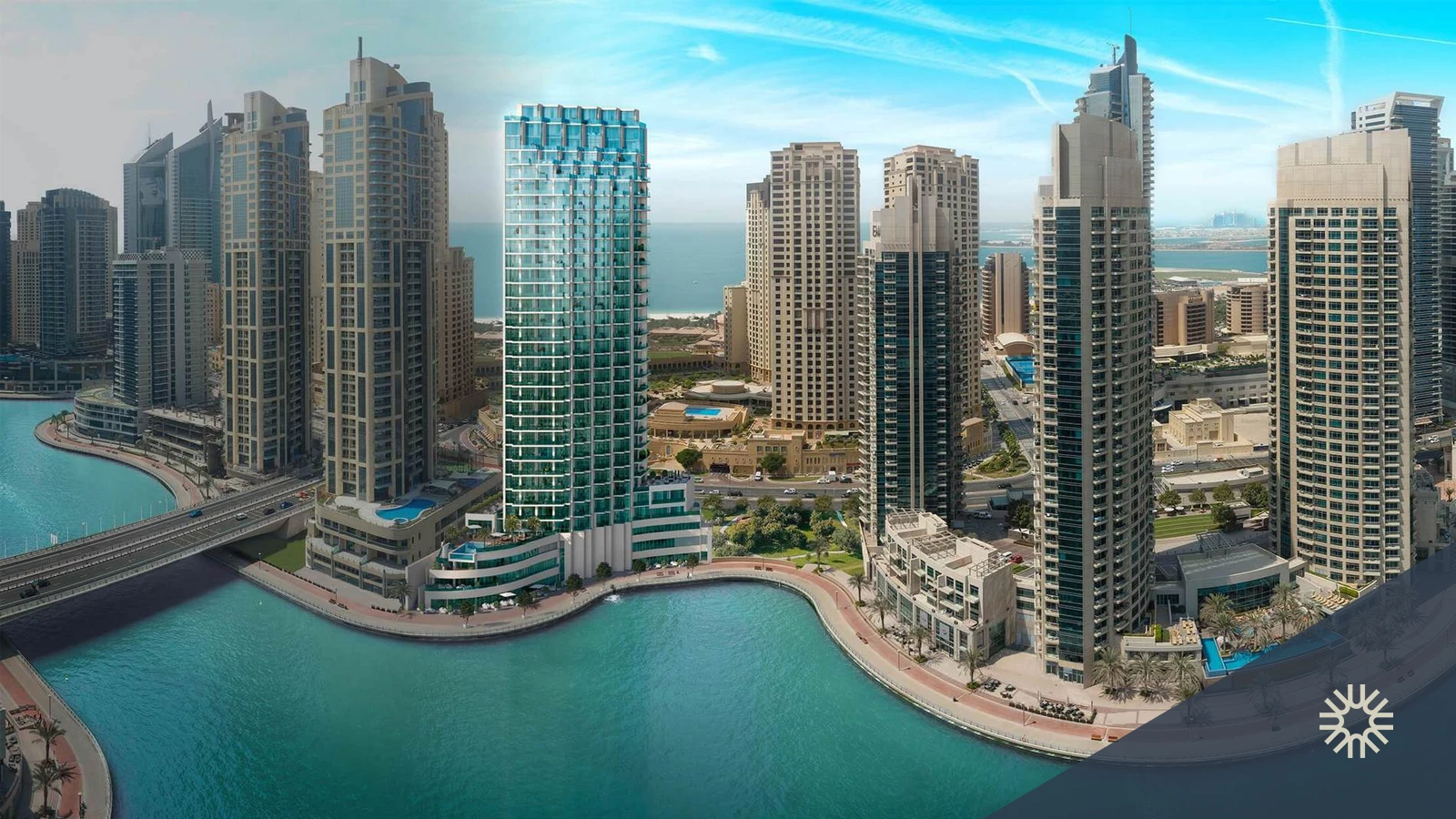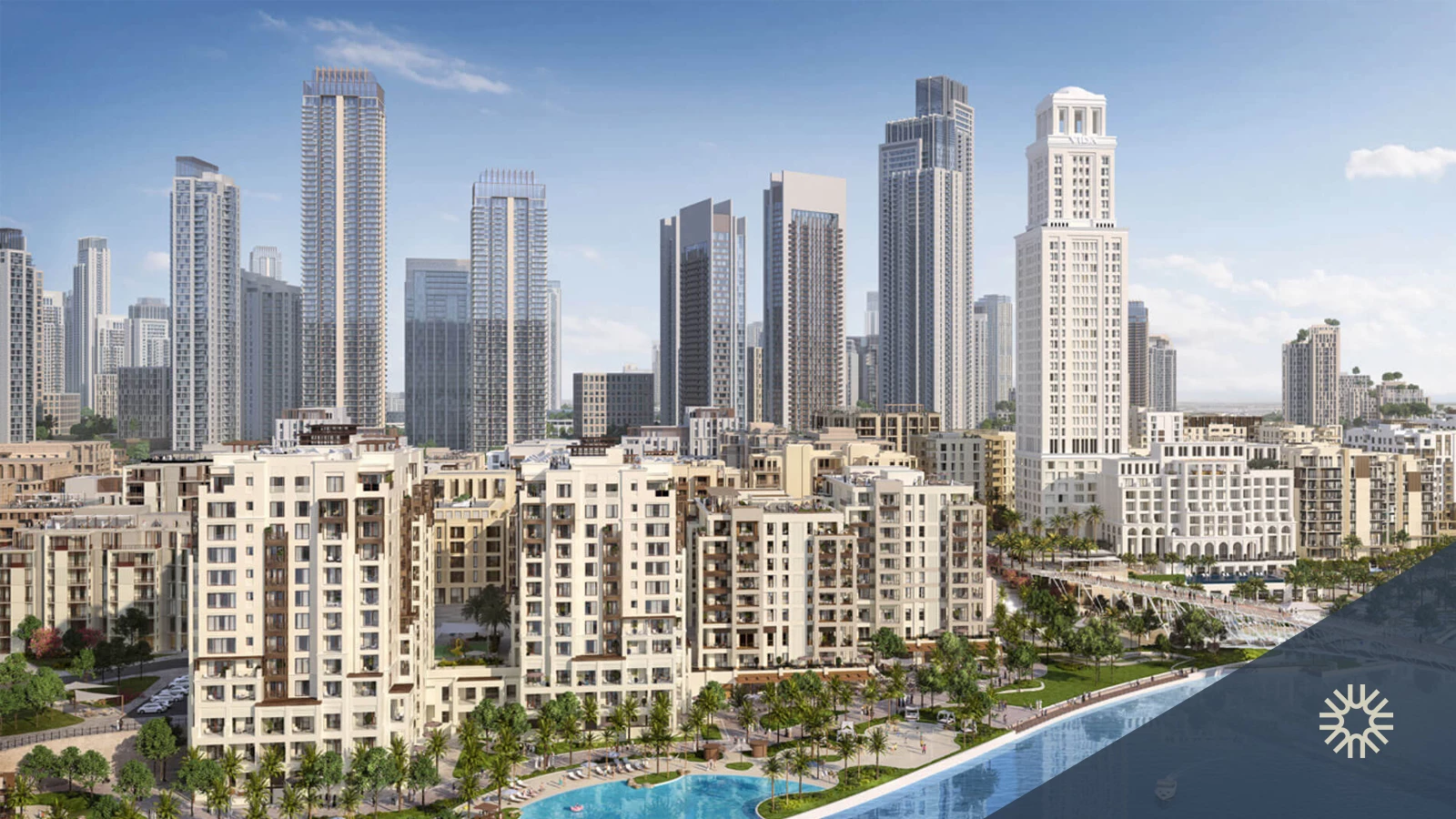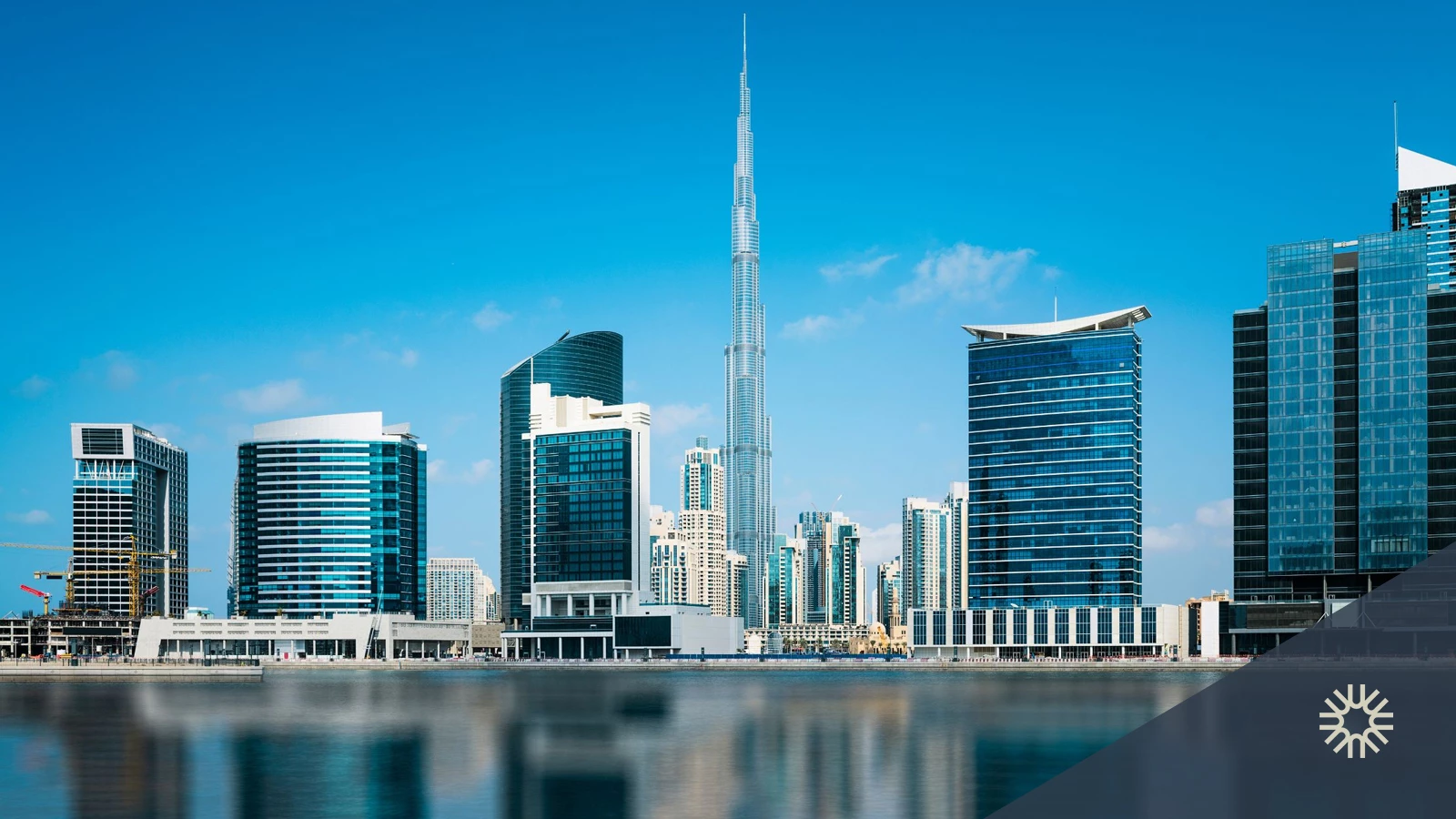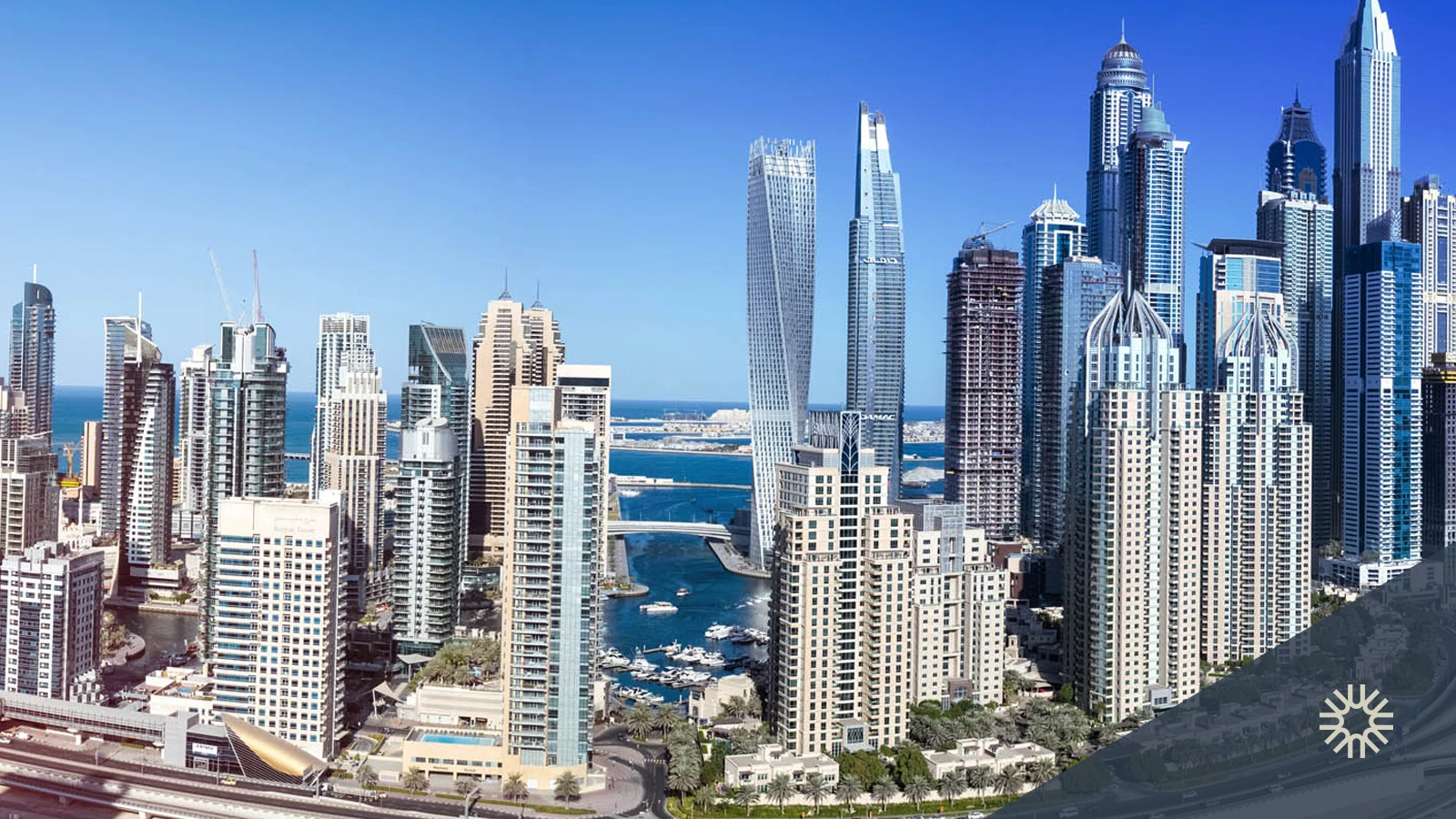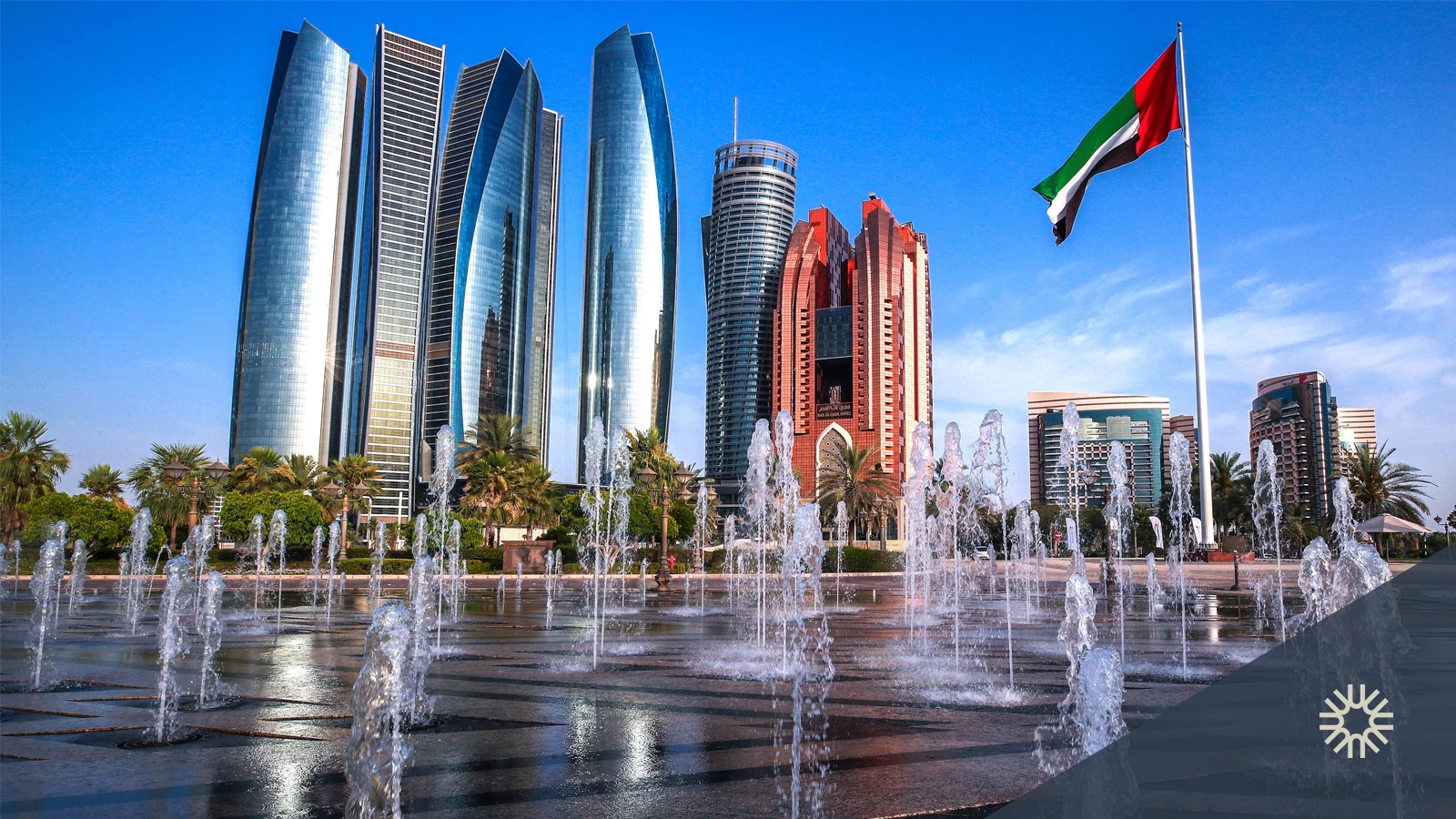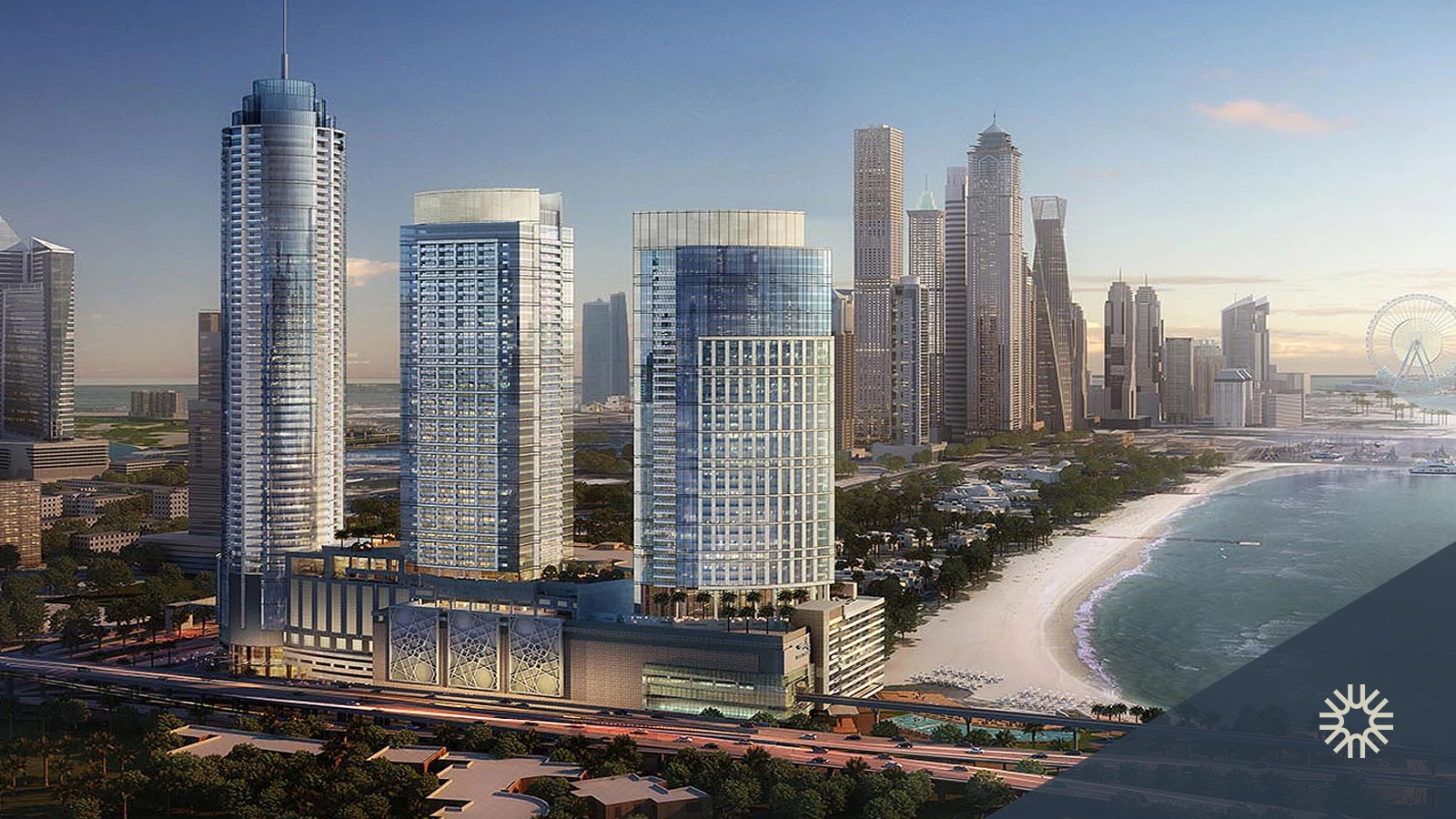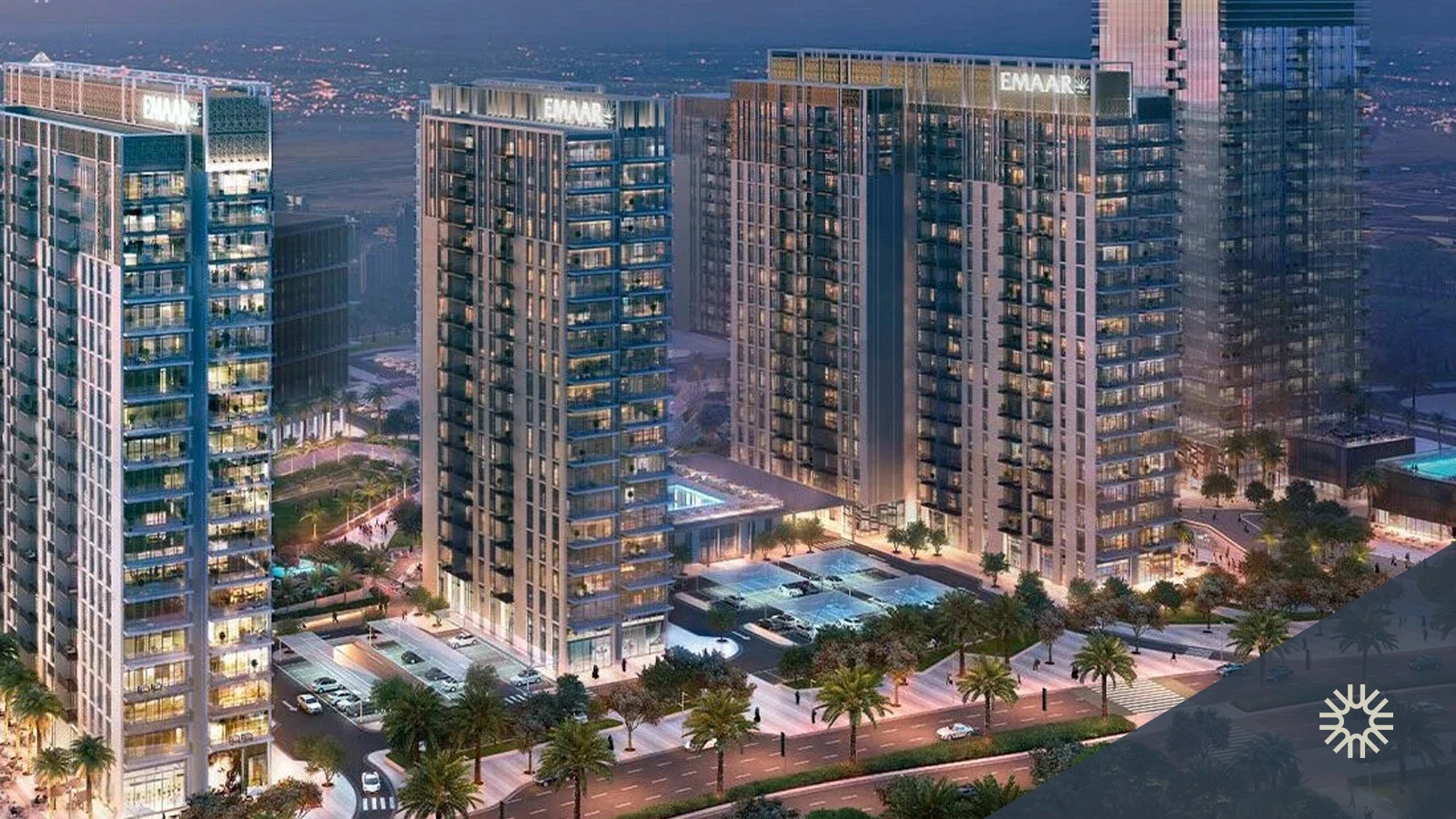Dubai vs. Europe: Comparing Real Estate Opportunities for 2026 Investors
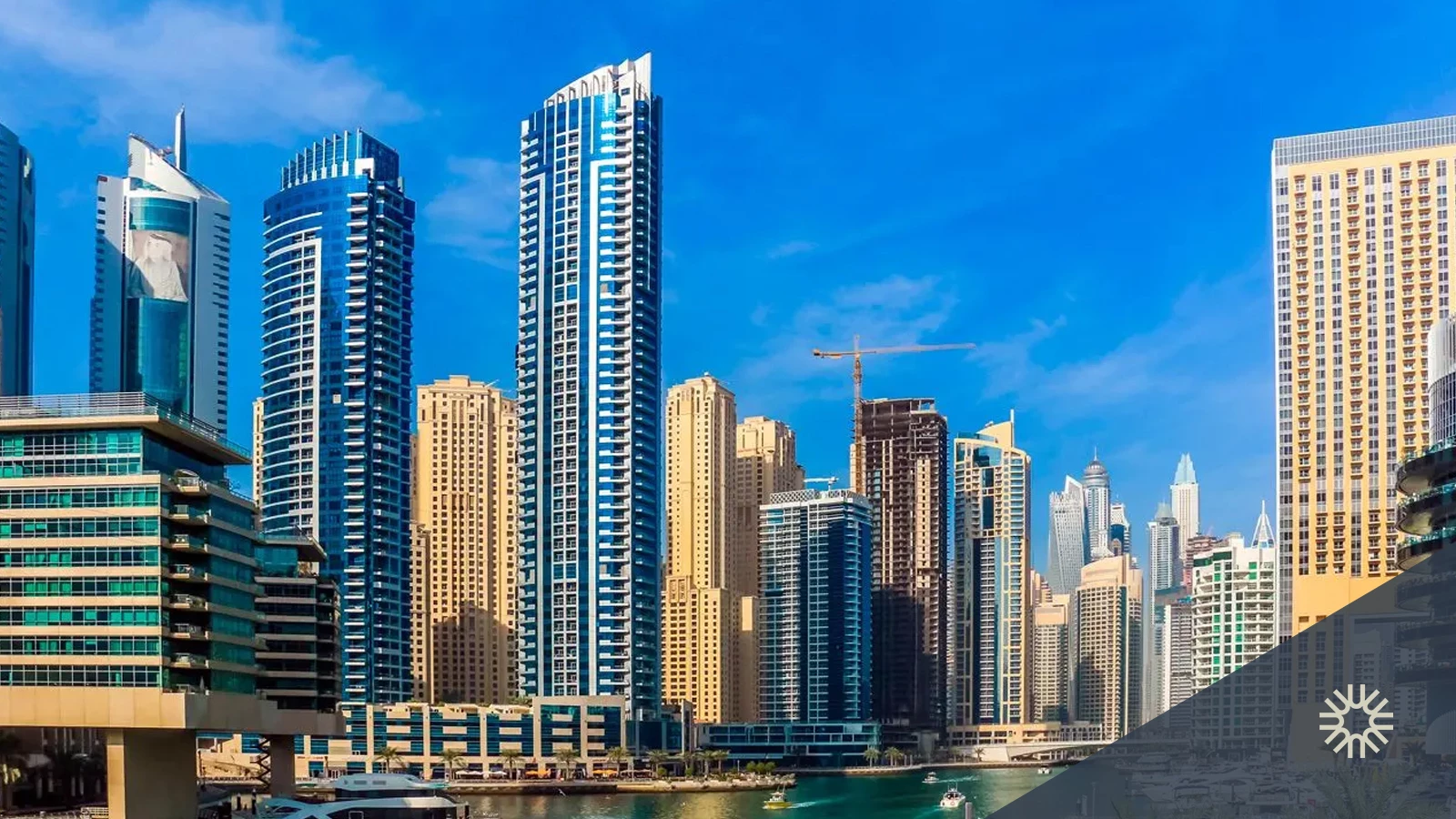
When investors think about real estate in 2026, Dubai and Europe both present compelling legs of opportunity but with very different shapes. At Unique Properties, we believe the decision isn’t just about where prices are rising fastest, but where stability, regulation, yield, and growth align with your investment profile.
What Recent Dubai Data Tells Us
Before comparing it to Europe, let’s see what recent trends in Dubai show. These signal likely themes for 2026.
According to Property Monitor, as of July 2025 average property prices in Dubai reached levels roughly 30-plus % above the 2014 peak, with a steady monthly rise in price per square foot. Also, transaction volumes continue to reset records month after month.
Bayut’s Sales Market Report for H1 2025 shows all property tiers affordable, mid-range, luxury are seeing price appreciation compared to H2 2024. Affordable homes rose in average prices, mid-range saw good gains, luxury slightly less steep but still upward.
Rental yields in Dubai’s popular districts remain strong. Bayut’s earlier luxury report (2023) shows areas like Dubai Marina offering yields in the 7 %-plus range for certain apartment types.
In 2024, the Dubai Land Department (DLD) recorded over AED 761 billion in real estate transactions, with growth in both number of transactions and total value compared to previous years.
These statistics suggest themes of growth, strong demand, rising pricing pressure, and relatively attractive returns especially for those who select location and property type well.
Theoretical Opportunities & Risks in Dubai for 2026
Based on what we see, here’s what to expect and where strategy matters:
Strong capital appreciation possible, especially in high-demand areas. When prices have already surpassed former peaks, there’s room for further growth but also risk of correction if supply overshoots.
Yield remains an attractive draw, especially in affordable or mid-tier apartments. Smaller units in up-and-coming communities often give better gross yield per AED invested. Luxury yields tend to be lower (in relation to cost), and more sensitive to macro shifts.
Supply dynamics will be key. New launches continue strongly; inventory in certain areas is growing. If new supply outpaces demand, especially in less central or less connected communities, price growth may slow or even dip.
Regulatory policy & macro trends will have outsized effect. Visa rules, interest rates, mortgage availability, and external economic shocks could shift investor sentiment quickly.
Europe: What the Theoretical Case Looks Like in 2026
Europe isn’t a monolith, but certain shared patterns and risks apply. Here’s what we think will define real estate opportunities there next year.
Maturity & regulation dominate. Expect stable markets, predictable legal frameworks, tenant protections, zoning restrictions. These limit upside in terms of explosive growth but also reduce downside.
Lower volatility, more modest growth. Capital appreciation tends to be steady rather than spectacular. Rental growth can be reliable but often slower. The appeal is in income generation and capital preservation.
Fragmented opportunity. Different countries, cities, even districts have very different rules, costs, and risk profiles. For example, some Eastern European markets may have higher yields but greater risk; Western Europe tends to be more stable but also with higher costs and lower yields.
Higher transaction and holding costs. Taxes, fees, regulatory compliance, and sometimes stricter financing requirements make entry and exit more expensive. Those costs eat into net returns.
Side-by-Side Themes: Dubai vs Europe for 2026
What Should Investors Watch in 2026: Signals & Strategy
If you are deciding between Dubai and Europe, or balancing both, these are the signals to monitor, and strategic moves worth considering.
For Dubai:
Keep an eye on monthly and quarterly reports from DLD showing price per square foot, transaction volumes, yields.
Track launch pipelines vs completions when many units are coming, absorption matters.
Watch mortgage rules, interest rates, visa reforms and policy shifts can tilt desirability.
Location matters more than ever: proximity to transit, amenities, master-planned communities likely to outperform fringe areas.
For Europe:
Monitor regulation changes (rent controls, taxation, zoning) at both national and local levels.
Inflation + interest rate paths will affect real return, particularly for leveraged investors.
Population, migration and demographic trends (young professionals, retirees, remote-workers) will shift demand.
Opportunity in under-supplied cities / neighborhoods or in newer housing stock with high rental demand.
Strategic Profiles: What Kind of Investor Benefits in Each Region
Growth First Investor: Seeks capital appreciation, willing to take cycles, risk, and select off-plan or emerging communities. Likely to tilt toward Dubai, picking high-momentum zones.
Income + Stability Investor: Prioritizes rental yield, steady cash flow, and lower volatility. Europe (in its stable markets) or Dubai’s affordable segments that serve end-users may serve this goal.
Balanced Portfolio Investor: Mix of both put part in high‐growth potential (Dubai); part in stable income (Europe). Hedge with further diversification across property type, geography, currency.
Conclusion
Dubai’s real estate market for 2026 looks promising: rising prices, strong demand, attractive yields, especially in well-chosen areas. But with that promise comes risk oversupply, policy shifts, and macroeconomic pressure. Europe, by contrast, offers steadiness, regulatory advantages, lower downside, but also more modest returns.
Your best choice depends on your risk tolerance, investment horizon, and whether yield, growth, or preservation matter most. Explore our property listings & head to Find a Property to see what matches your profile.
Ready to secure your future in Dubai?
Explore the best real estate property in Dubai, discover real estate property for sale in Dubai, or Book a Consultation with our experts today.
Table Of Content
- What Recent Dubai Data Tells Us
- Theoretical Opportunities & Risks in Dubai for 2026
- Europe: What the Theoretical Case Looks Like in 2026
- Side-by-Side Themes: Dubai vs Europe for 2026
- What Should Investors Watch in 2026: Signals & Strategy
- Strategic Profiles: What Kind of Investor Benefits in Each Region
- Conclusion
- What Recent Dubai Data Tells Us
- Theoretical Opportunities & Risks in Dubai for 2026
- Europe: What the Theoretical Case Looks Like in 2026
- Side-by-Side Themes: Dubai vs Europe for 2026
- What Should Investors Watch in 2026: Signals & Strategy
- Strategic Profiles: What Kind of Investor Benefits in Each Region
- Conclusion
